Organic serums from A to Z – what are they and why use them?
In modern cosmetics, serums have gained an important place in our daily skincare routine. Their powerful formulas, containing high concentrations of their active ingredients, promise to solve a range of skin problems and to give it a youthful and radiant look. But what exactly are organic serums and why have they become so popular? You will find the answers in the rest of the article.
What are organic cosmetic serums?
Cosmetic serums are thin-viscosity products that contain high concentrations of active ingredients. Unlike other serums, organic serums’ core ingredients are organic plant extracts and they have been developed without using synthetic chemical substances, preservatives or fragrances. Their formulas are designed with respect to the environment and with careful consideration of the customers’ well-being.
The history of cosmetic serums dates back to the middle of the 20th century, when cosmetic companies started experimenting with more concentrated formulas. Initially they were more focused on developing serums to fight wrinkles but later the range of serums increased substantially. Nowadays there are serums aiming to improve different skin imperfections.
Serums
Why serums? Main properties
Serums have a number of key advantages. First of all, their formulas are much more concentrated than those of face creams. It means that in most cases, a small drop of serum would contain a higher quantity of active ingredients than a dose of face cream. Apart from that, their thin texture allows quicker and easier absorption in the skin.
Thanks to these properties, such cosmetic products easily penetrate in the deeper skin layers where they can produce a powerful effect. This does not mean though that serums can fully substitute face creams. Just the opposite – both products hold their own place in our cosmetic routine, supplementing each other to achieve noticeable effects.
The regular use of organic cosmetic serums leads to quicker and more visible results, no matter whether the main purpose is better hydration, improving the appearance of wrinkles or evening out the skin tone. On top of that serums are remarkably economical to use – 1 or 2 drops are enough for the whole face.
Types of facial serums
Sometimes the term “serum” is used to better describe the product texture but not its specific formula or active ingredients. As a whole, serums are characterized by their thin, fast absorbing viscosity, which allows them to penetrate deeper into the skin in comparison to thicker creams and lotions. Despite the common belief that serums are products meant to provide higher concentration of active ingredients directly into the skin, some of them might be just lighter versions of facial creams.
When we talk about types of serums, it is important to identify two main classification criteria: texture and function. With regard to texture, they can be:
● Water-based ones: they are rich in water-soluble active ingredients, which makes them ideal for oily or combination skin because they are light and do not clog skin pores.
● Gel-like serums: being thicker than water-based serums, they occupy an intermediary position and could also contain small quantities of plant-based oils. They are suitable for most skin types since they combine the lightness of water-based serums and the hydrating properties of oil serums.
● Oil-based serums: they contain only plant-based oils, which determines their oily consistency. They are suitable for dry and mature skin because they provide deep nourishment and protection.
● Emulsins: at first sight they look like light face creams but the content of active ingredients is much higher.
As regards function, serums can be classified as hydrating; anti-age; lightening; suitable for blemish-prone skin and multi-effect serums.
● Hydrating serums contain ingredients like hyaluronic acid and glycerin, which attract and retain moisture in the skin.

● Anti-age serums are rich in antioxidants, peptides and retinol – ingredients which all stimulate skin regenerative processes and the production of collagen and elastin.
● Skin complexion lightening serums often contain Vitamin C and niacinamide, which help decrease skin pigmentation and evening out skin tone.
● Common active ingredients in blemish-prone skin products are salicylic acid and tea-tree extract, which balance the production of sebum and prevent outbursts of acne.
· Multi-effect serums, as the name suggests, target a number of skin issues at the same time. For example, some of them can provide deep hydration, soothe skin redness and strengthen the skin barrier function. Others, hydrate, balance and brighten the face, while stimulating the production of collagen and elastin, which leads to visible reduction of fine lines and wrinkles.
How to use facial serums?
In order to obtain maximal benefit from your facial serum, it is important use it appropriately. The first step is to choose the most suitable formula for your aims and needs.
Which is the best serum for you?
The choice of the most appropriate serum for your skin can be quite a challenge, especially if it is the first time you have decided to use one. Start with the analyses of your skin type and then the specific needs you have.
Keep in mind that your needs might change with the change of seasons, your hormonal balance or age. We recommend that you rely on certified organic products because of the high standards of quality they meet and the clean substances used for their production.
Do not be afraid to experiment with new formulas or even combine a few different serums for achieving maximal results. For example, you can try using different products for your morning and evening cosmetic routine or to change the active ingredients according to monthly or seasonal changes in your face skin.

What is the correct order of applying different cosmetic products?
It is important to know what the correct order of applying different cosmetic products is. The general rule is to start with thinner viscosity products and move on towards thicker viscosity ones. This is why serums should come right after cleansing and toning your face skin. The final step in your daily skincare should be applying a moisturizer and sun screen (in the morning) and night cream (in the evening).
How should serums be applied?
It is enough to put 1 or 2 drops of serum on the palms of your hands and then apply it on you face with gentle movements. Wait for it to penetrate well before applying the next product.
How often should serums be used?
The frequency of use would depend on the specific type of serum, as well as on your needs. Some types can be used twice a day, while others should be used only in the evening. Always follow the instructions of the producer and pay attention to how you skin reacts.
Proper storage
Proper storage is key to proper preservation of all cosmetic products but it is of even greater importance for organic serums because of the lack of preservatives in their formulas. Keep them in a cool and dark place, away from direct sunlight and heat. Some formulas, especially those containing Vitamin C should better be stored in a fridge.
You can always find detailed instructions of how to store a product on the packaging.
Pay attention to the expire date and never use a product which has changed its colour, odour of texture.
In conclusion, organic serums are a powerful tool for achieving healthy and radiant skin. They provide concentrated care, targeting particular skin issues and are therefore a wonderful addition to everyone’s cosmetic routine. No matter whether your aim is better hydration, reducing the visibility of wrinkles or evening out your skin tone, the is certainly a product that can address your needs.
Do not lose faith if you do not find the right serum immediately. Skincare requires very individual approach and can take some time to improve. Observe the needs of your skin carefully and be sure that gradually, with a bit of patience you would finally enjoy healthy and radiant skin.




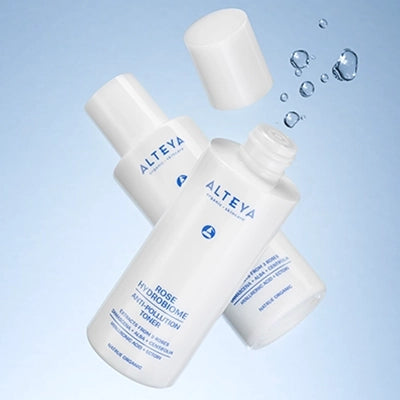
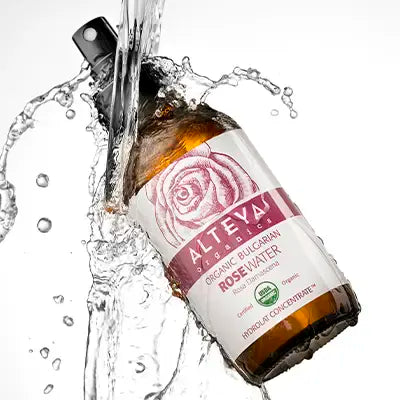
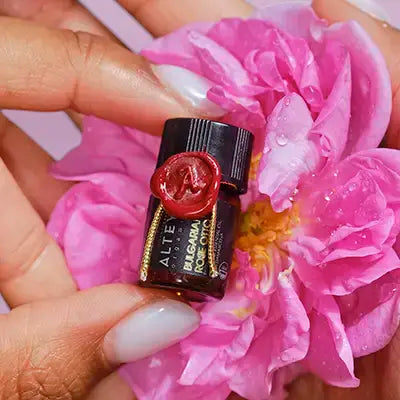
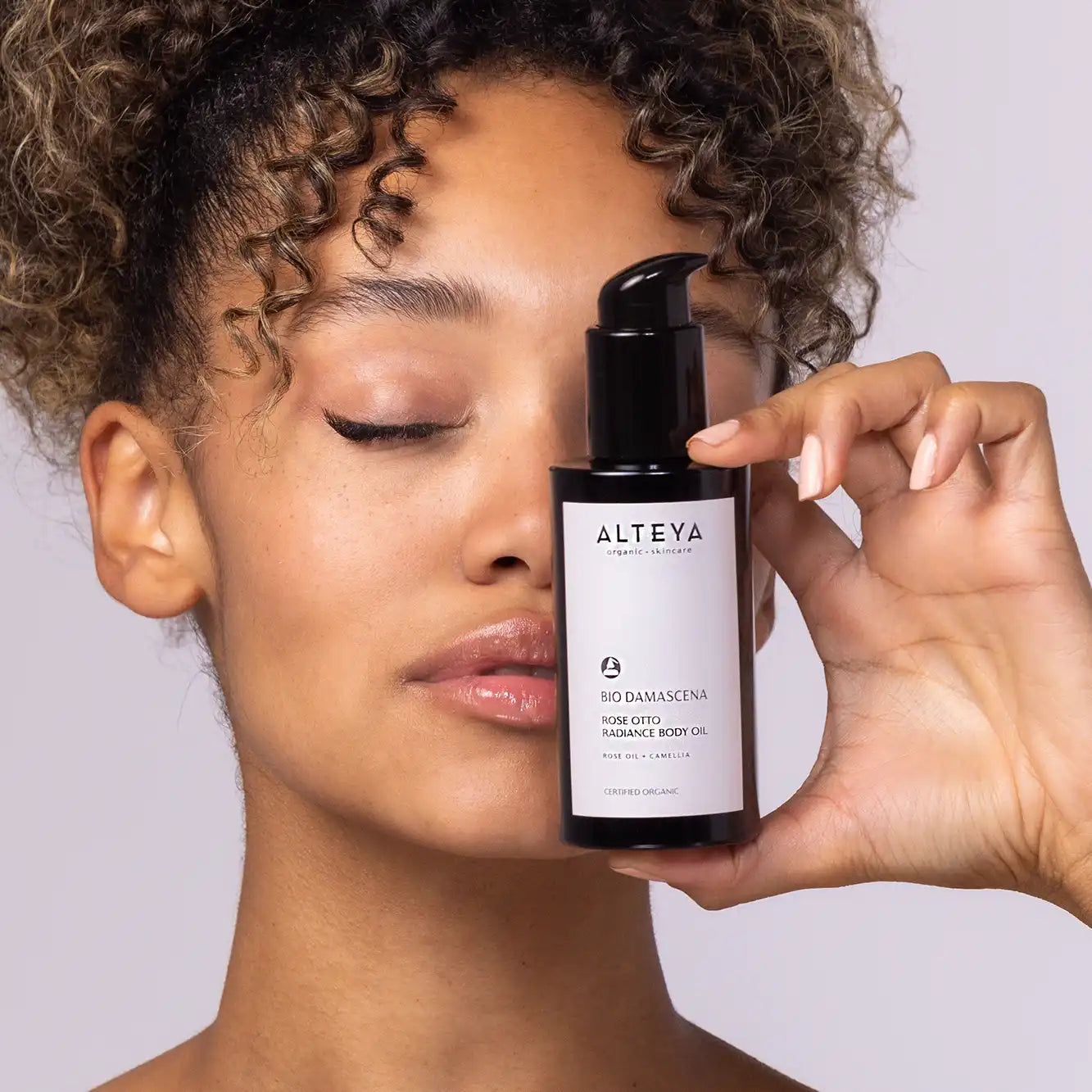
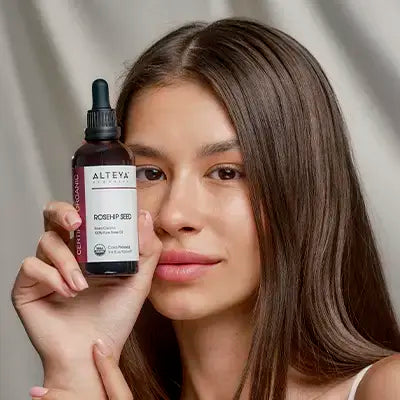
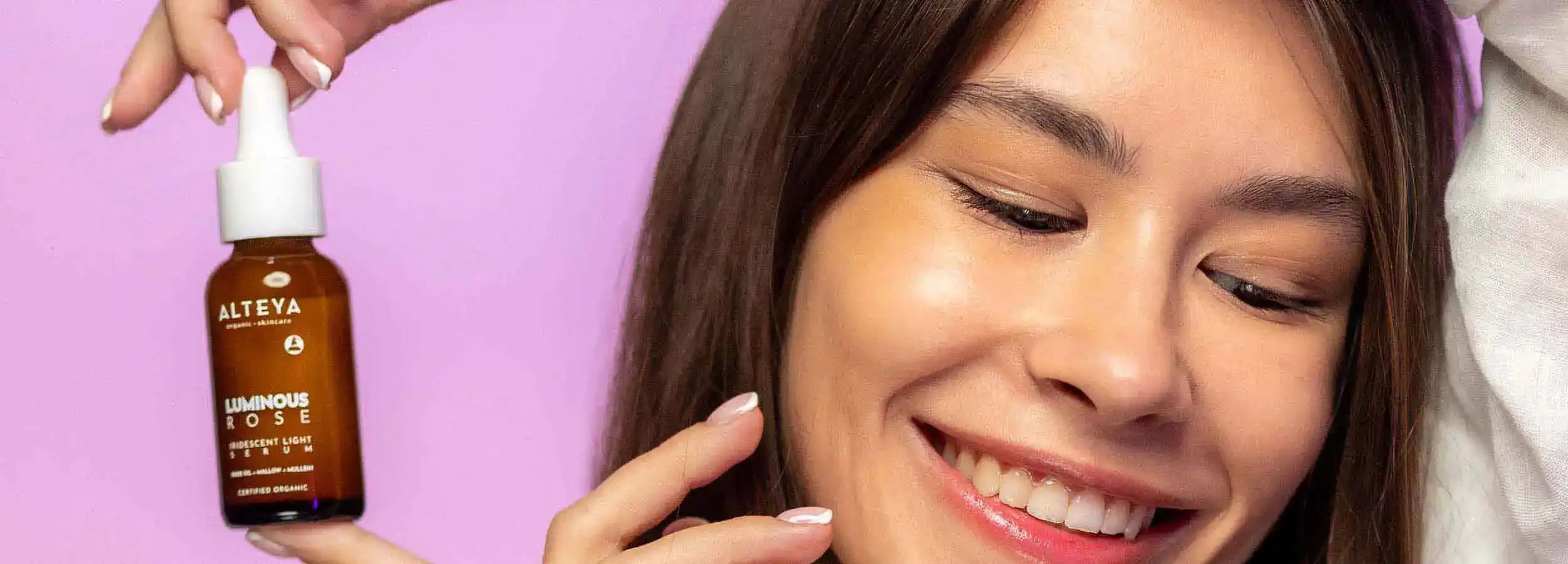
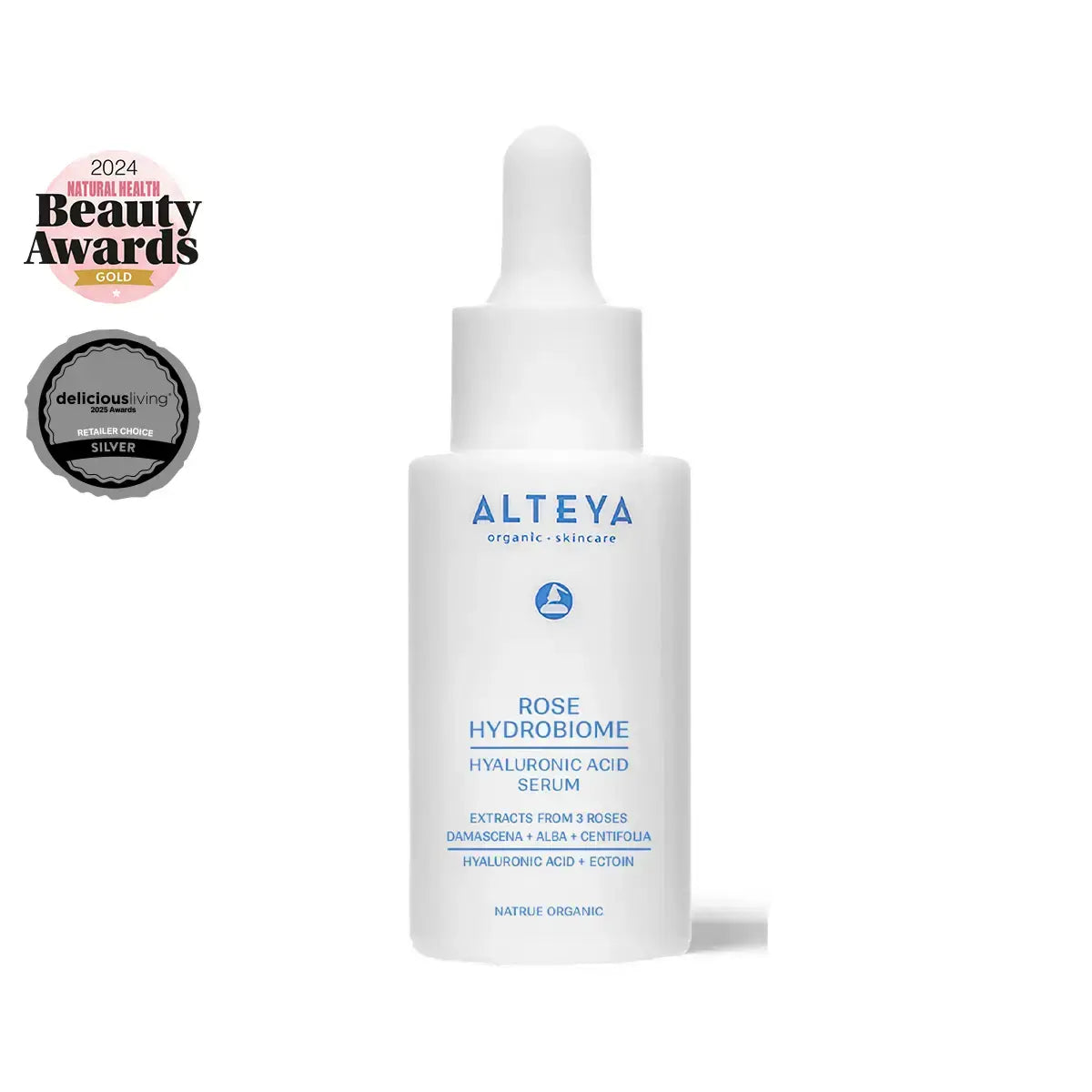
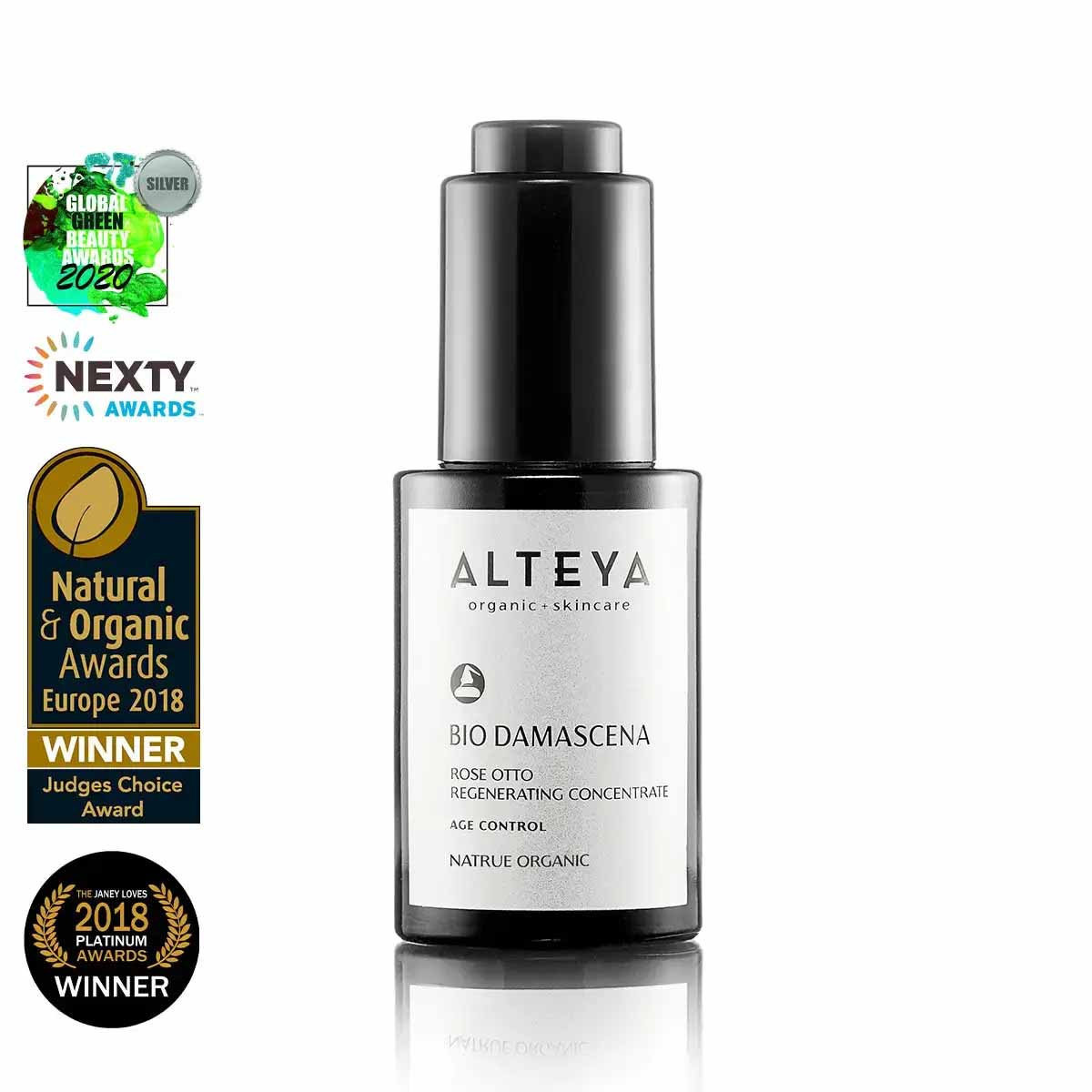
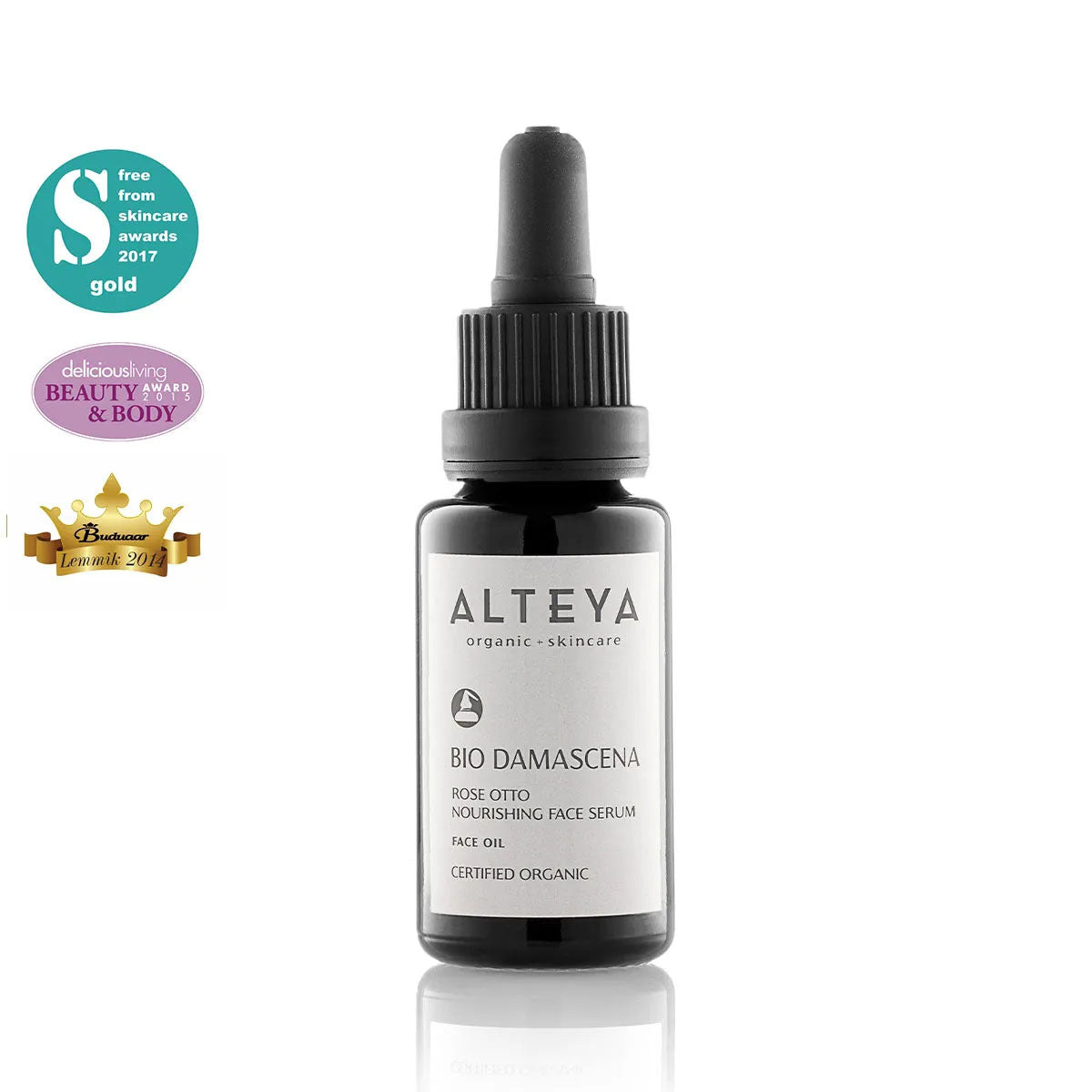
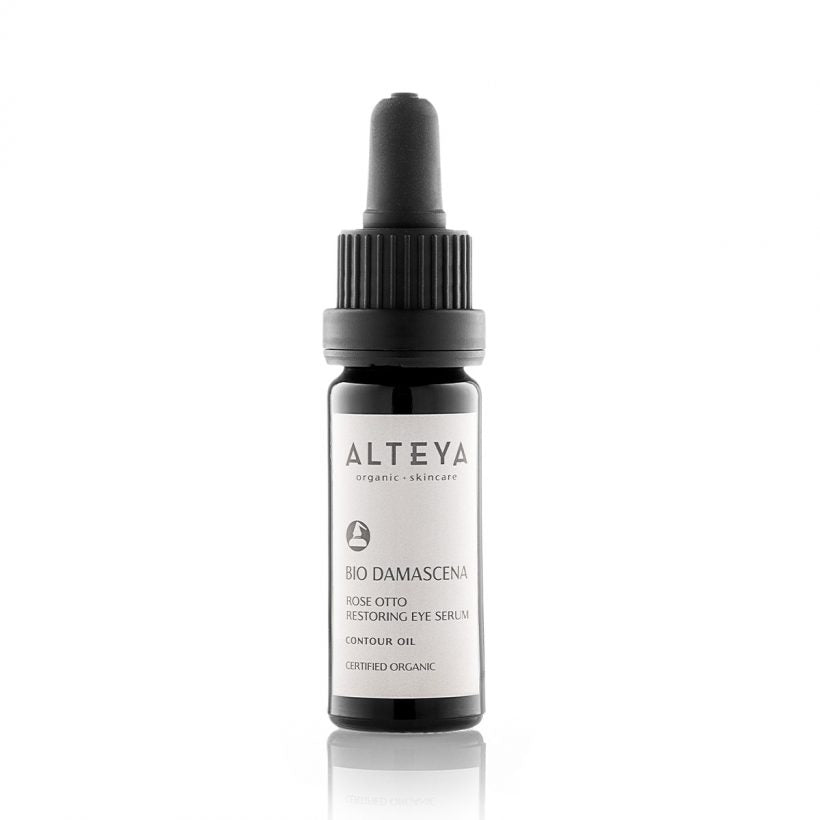
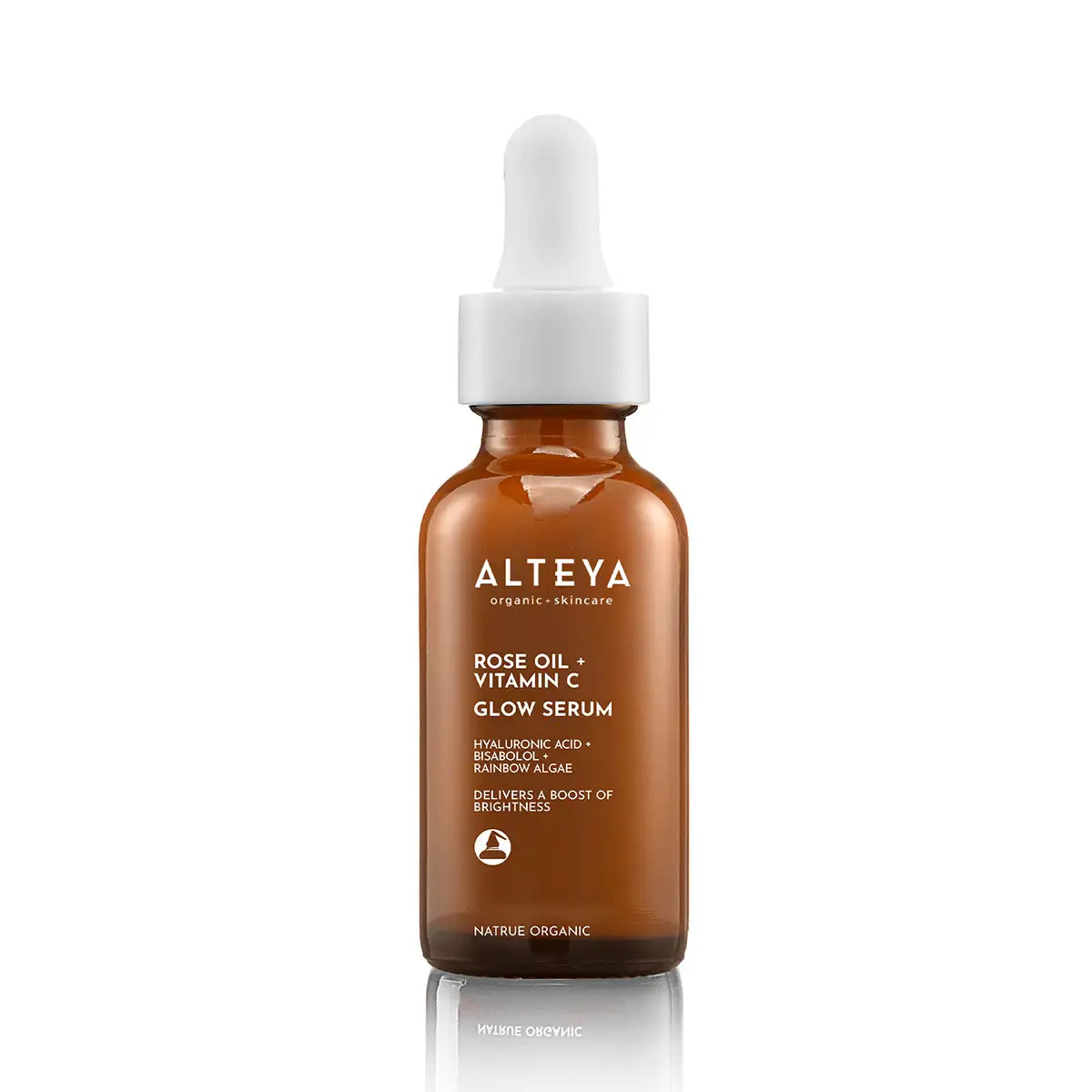

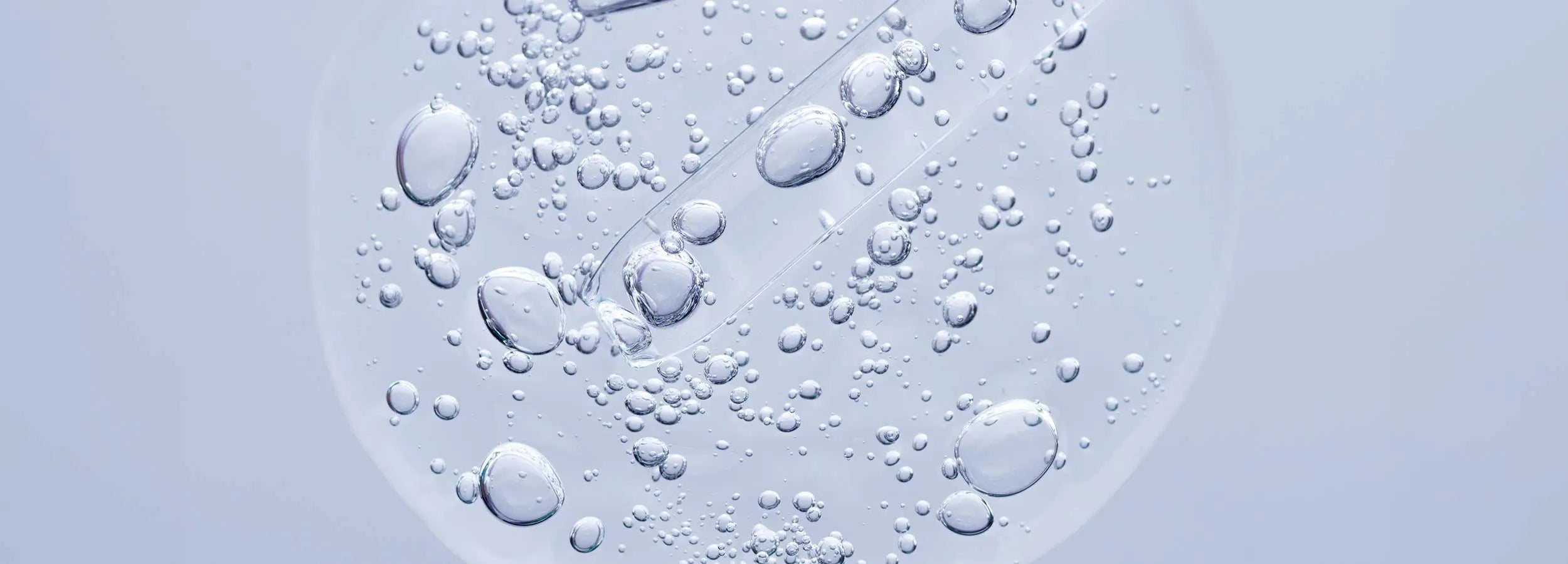
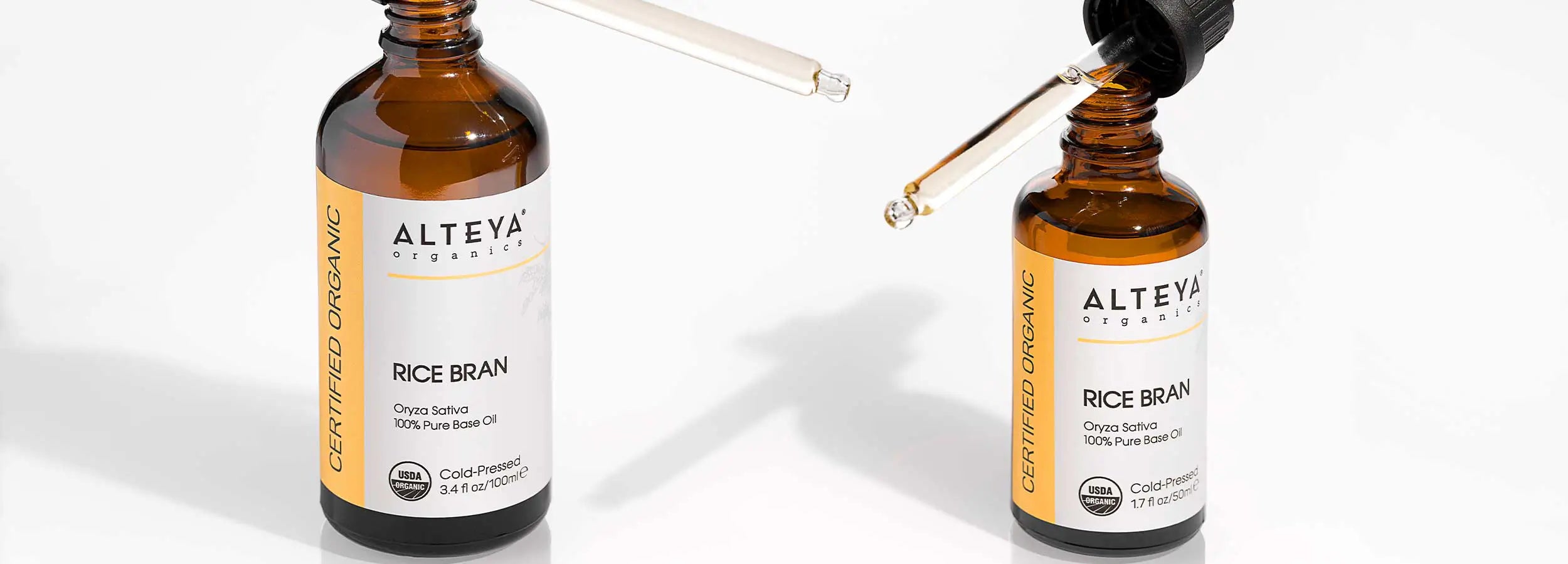
Leave a comment
This site is protected by hCaptcha and the hCaptcha Privacy Policy and Terms of Service apply.